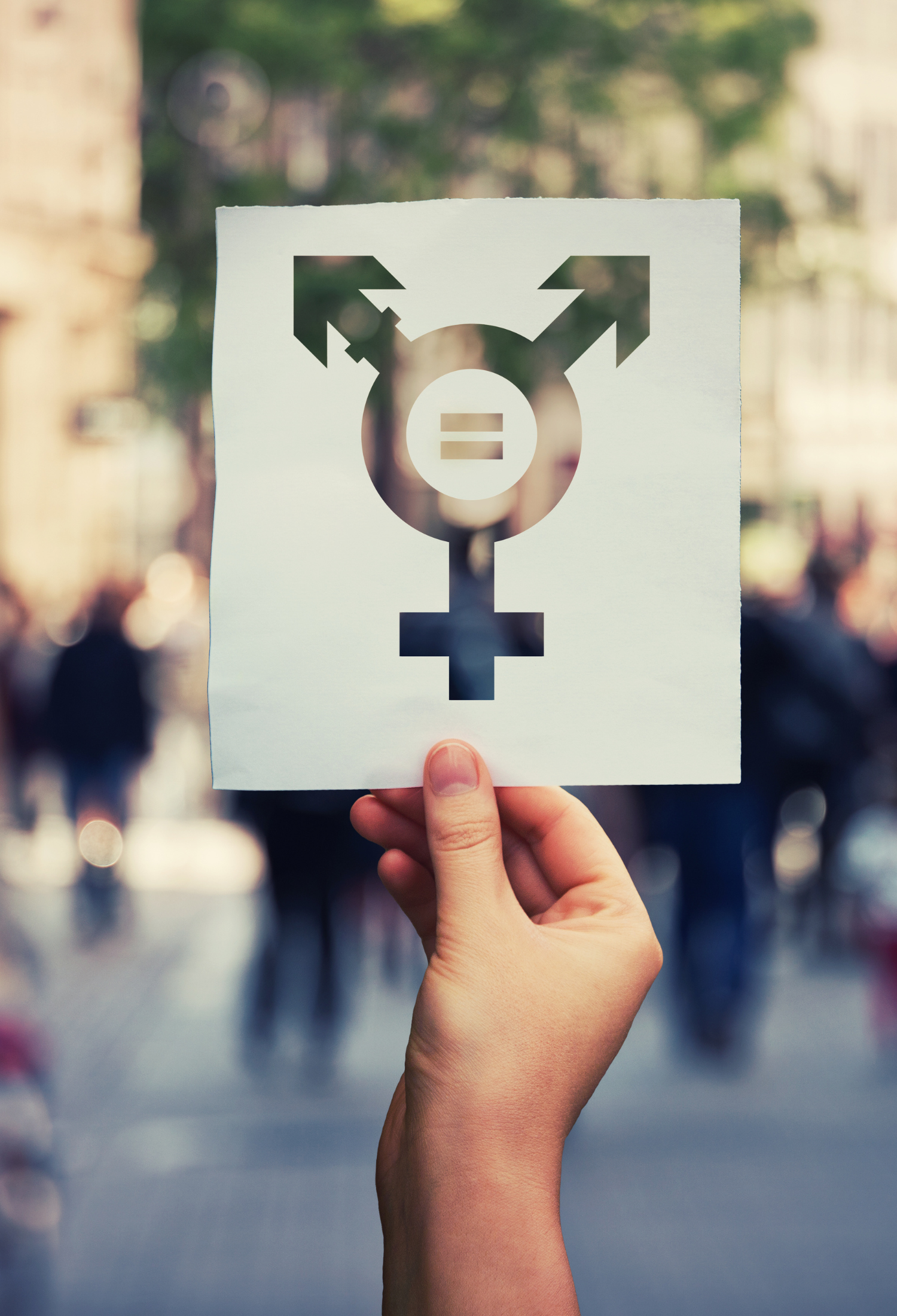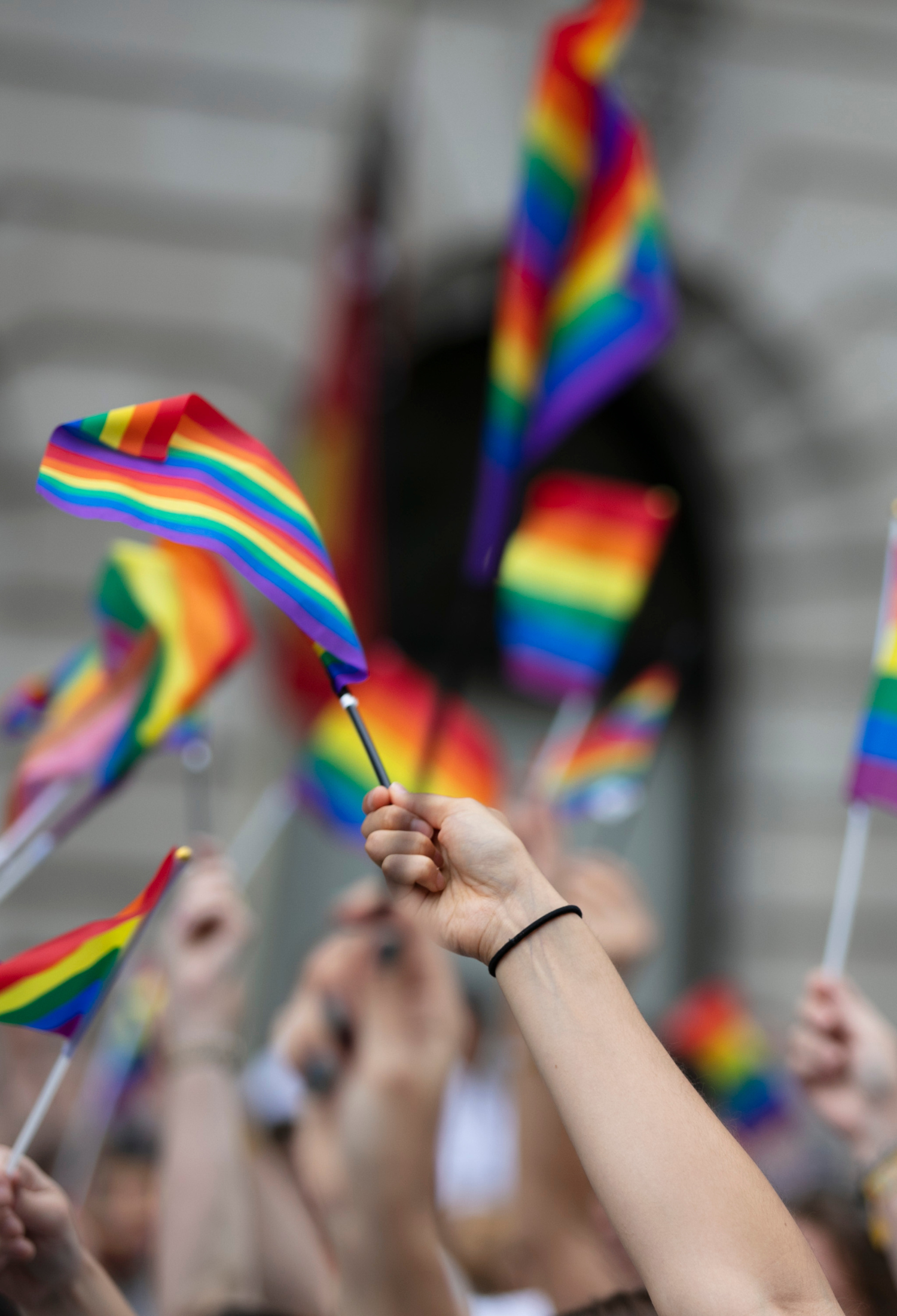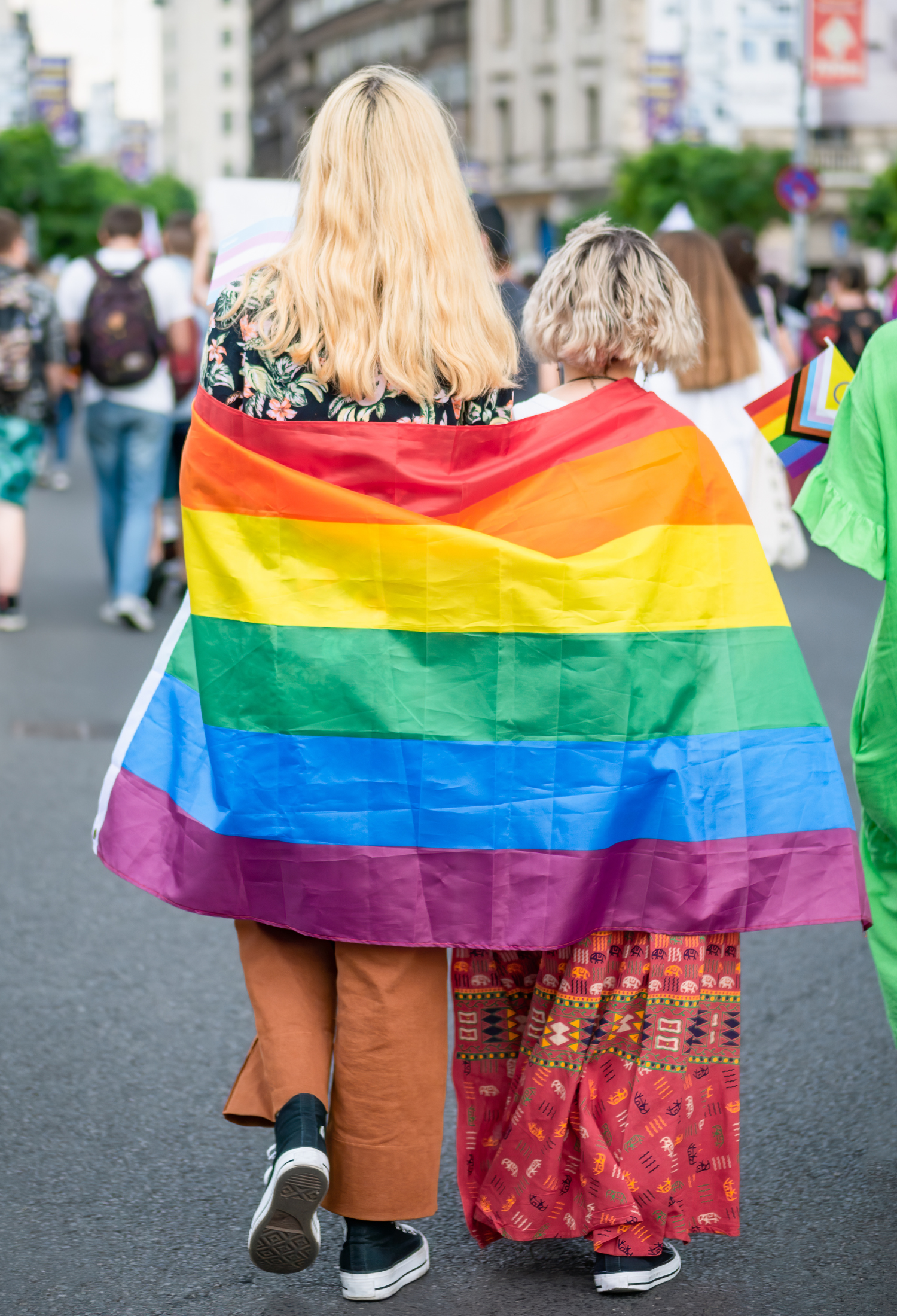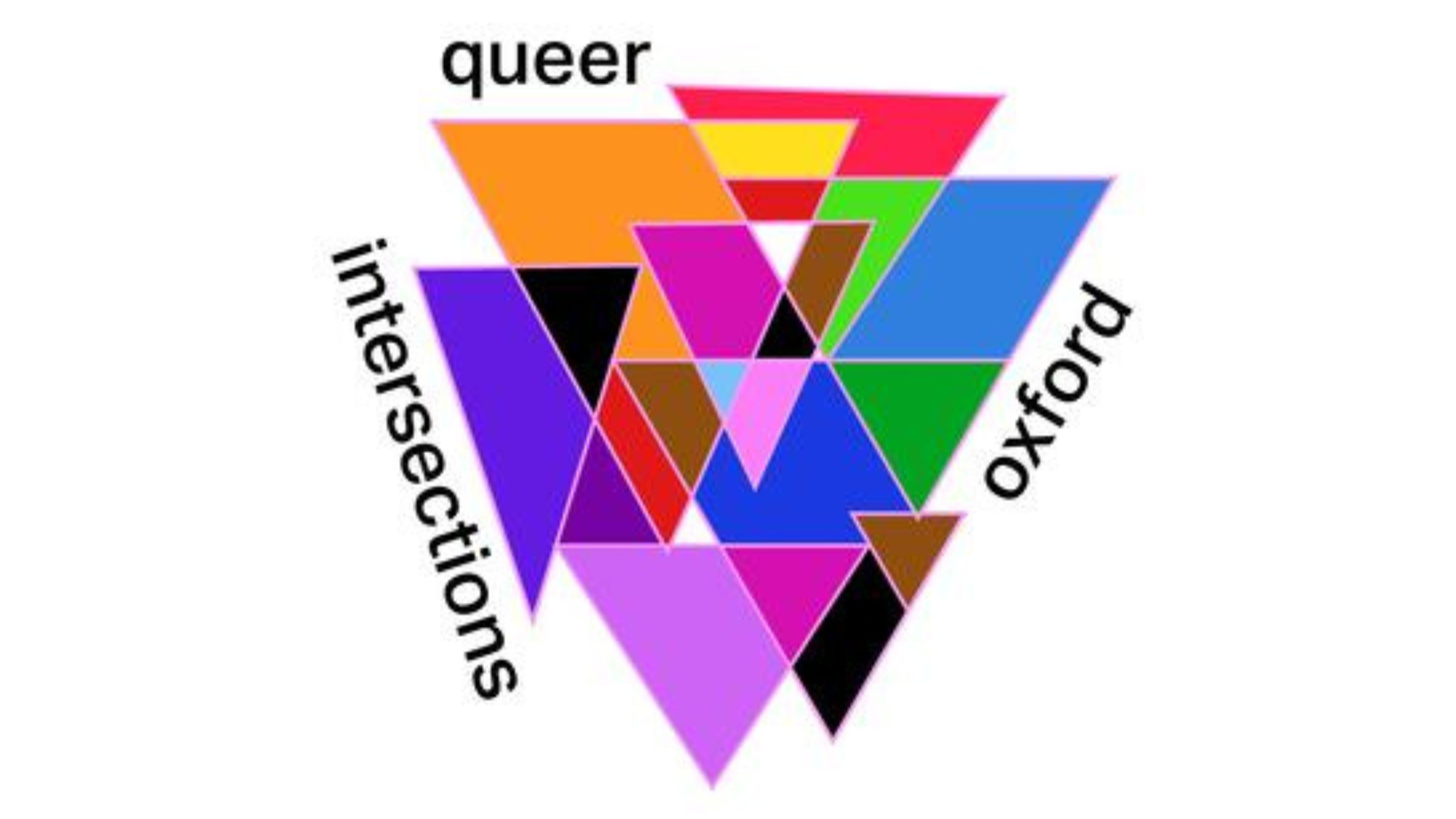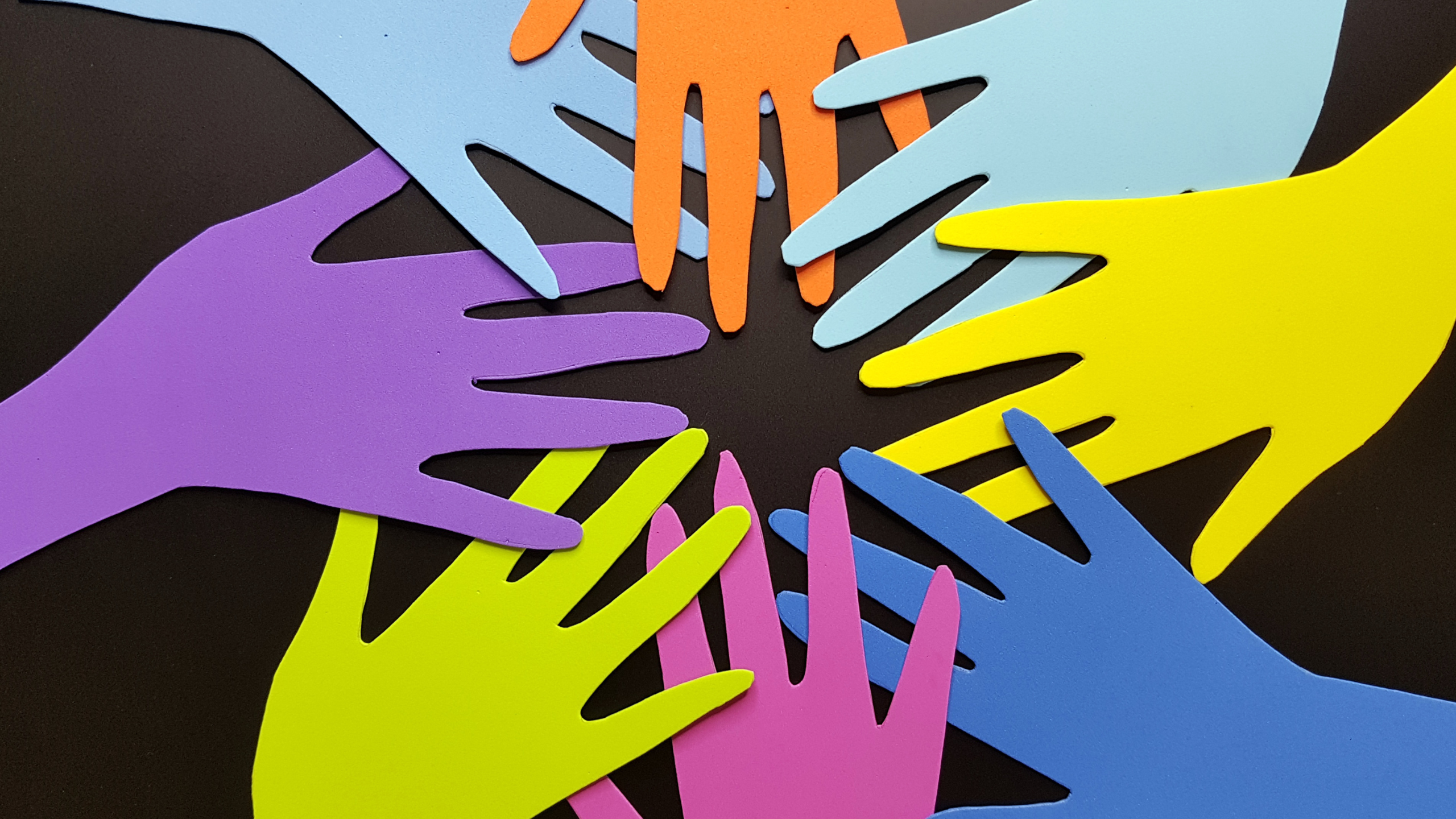Gender, gender identity, sexual identity and mental health.
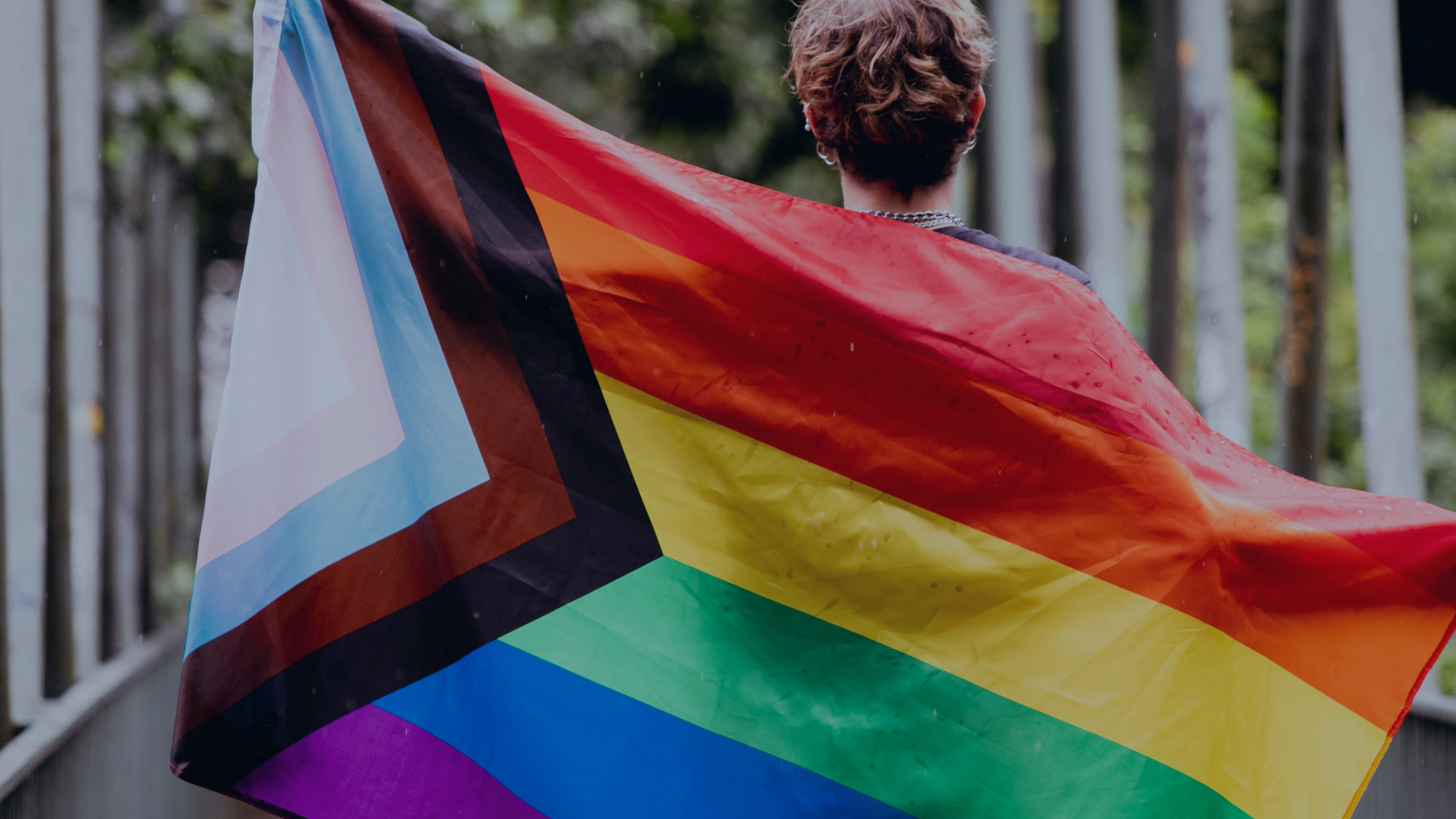
As awareness grows on the impact of discrimination, stigma and inequality on our mental health and wellbeing, Oxford experts are uncovering how gender and sexual identity also play a role.
Our researchers are producing invaluable support resources, advising policymakers and developing digital solutions to minimise inequality in the future.
Content warning:
Please be aware that this page refers to depression, sexual assault, domestic abuse and topics such as suicide.
Definitions in this article were sourced from Healthtalk.org in February 2023.
Gender and gender identity.

How mental health affects different genders differently.
Oxford experts are examining how mental health conditions manifest differently for different genders and how gender inequalities can impact wellbeing.
Professor Kamaldeep Bhui from the Department of Psychiatry co-authored a paper with Dr Georgina Hosang from Queen Mary University of London examining the impact of gender discrimination on women’s mental health, and the role of psychiatry in addressing these impacts.
The researchers found that many women are exposed to a plethora of adverse experiences and environments that negatively impact on their health and wellbeing. These factors can be gender-specific, or more common in women than men, and include discrimination in the workplace, sexual harassment, pay inequalities, physical violence, sexual assaults and psychological, economic and emotional abuses.
They noted that clinical and academic communities have a responsibility to raise awareness of these issues, ensuring that structures and policies create a working environment and service that promotes gender equality and women's mental health.
Over 50%
of women in the UK report experiencing sexual harassment in the workplace
Recent research from the Department of Sociology suggests women are no more vulnerable to the stressful impacts of major life events than men.
A team led by Dr Lewis Anderson looked into whether different reactions to stressful life events might underlie women’s higher rates of depression, noting that it is often claimed that women employ less effective coping strategies, such as rumination.
The research was based on analysis of data on over 30,000 UK adults from the annual Understanding Society survey, allowing the researchers to disentangle stressful life events from longer-term, chronic stressors and focus on whether different groups are hit harder by these major events such as job loss, divorce, serious illness, miscarriage, or falling behind with bills.
In spite of prior findings and theoretical reasons to expect greater vulnerability among women, the study found that stressful life events are associated with men’s depressive symptoms just as much as women’s.
‘While women do suffer higher rates of depression on average, this piece of evidence suggests that it isn’t because they are somehow more psychologically vulnerable to stressful events.’
Daniel Freeman, Chair of Psychology in the Department of Experimental Psychology, co-authored The Stressed Sex, a book investigating whether rates of psychological disorders are different for men and women, and the role inequality plays in our mental health.
The findings of The Stressed Sex were based on epidemiological analysis of studies from the UK, US, Europe, Australia and New Zealand. Professor Freeman found that women are around 75% more likely to experience depression, and around 60% more likely to experience an anxiety disorder, than male participants in the studies.
Professor Freeman speaks to Dame Jenni Murray on BBC’s Woman’s Hour
Professor Freeman joined an interdisciplinary panel of experts from around the University of Oxford to discuss the findings from the book.
Presented by The Oxford Research Centre in the Humanities (TORCH), the panel included Professor Elaine Fox from Oxford Neuroscience, Professor Avner Offer from the Faculty of History and Professor Janet Radcliffe-Richards from the Faculty of Philosophy. The discussion was recorded and turned into an episode for TORCH’s podcast.
Professor Freeman on the issues of gender and mental health
Professor Freeman on the differences between rates of psychological disorders between the sexes
Gender-based violence.
Intimate partner violence (IPV) is the most common form of violence suffered by women.
A large-scale population-based study led by researchers from the University of Oxford investigated the link between nine major mental disorders and intimate partner violence perpetrated by men towards women.
30% of women
worldwide have experienced physical or sexual violence by their current or previous intimate partner
Researchers from the Department of Psychiatry, including Dr Rongqin Yu and Professor Seena Fazel, used Swedish nationwide registries to compare risk of arrest for IPV perpetration in men with a diagnosis of mental disorder with their unaffected full siblings and gender-matched general population controls.
They found that the increased risk was between two and seven times compared with the general population and from two to four-fold compared with the unaffected siblings of men with a mental disorder.
The highest absolute rates and relative risks for IPV perpetration (around 1 in 5) were found in men with substance use disorders. The research suggests that treating high risk groups such as men with alcohol and drug use disorders could help to reduce IPV.
‘This new study is likely the largest epidemiological study of IPV perpetrators to date and the first to use sibling comparisons. Prioritising the development of services to assess IPV perpetration among men with substance use disorders may help to reduce the risk of IPV against women.’
Gender identity and brain connectivity.

Transgenderism and gender diversity.
How gender identity is represented in brain connectivity is largely unknown, but some neural differences have recently been discovered.
Professor Morten L. Kringelbach from the Department of Psychiatry took part in a collaborative study with colleagues from Spain to investigate whether there are sex-related differences in neural activity across the brain.
Studying 29 trans men, 17 trans women, 22 cis women and 19 cis men, the researchers examined various brain connections to challenge the conception that the human brain can be split into just two configurations, the male and the female.
The team found clear differentiations in measurements in all groups across the whole brain and noted that future studies should include other gender groups, such as non-binary or other genderqueer identities.
This exploratory work has the potential to impact awareness, the development of healthcare guidelines, and societal and political evidence-based changes accounting for this heterogeneity. Ultimately, this can help improve the quality of life for non-binary and genderqueer people, while raising visibility that can help fight stigma.
Studies of transgender youth have found that gender-based discrimination or violence, and depression are significantly associated with rates of transgender individuals attempting suicide.
Researchers from the Oxford University Centre for Integrative Neuroimaging and Oxford Population Health co-authored the first study to examine suicidal thoughts and suicide attempts among transgender individuals in China.
Dr Runsen Chen and Dr Lucy Wright conducted the analysis of a national population survey in collaboration with researchers from China, the United States, and the United Kingdom.
Responses by transgender men and women were investigated through a structured questionnaire to examine participants’ demographic information, perceived sexuality conflicts, childhood adversity, and mental health conditions. The researchers also compared the prevalence of suicidal thoughts and attempted suicide between general and transgender populations in China.
56.4%
of transgender participants in an Oxford study reported experiencing suicidal thoughts
In this transgender population, the lifetime prevalence of suicidal thoughts and an attempt at suicide were 56.4% and 16.1%, respectively, a far greater rate than in general Chinese community samples.
For all transgender people, disliking birth-assigned sex, seeking sex reassignment surgery, having intense conflicts with parents, lifetime history of suffering from major depressive disorder, a recent episode of depression, self-harm and seeking mental health services were significantly associated with increased risk of experiencing suicidal thoughts.
Dr Chen and Dr Amy Gillespie, from the Department of Psychiatry, contributed to a further study investigating mental wellbeing in the transgender and gender-diverse Chinese population which, as in other countries, found high levels of poor mental health.
The researchers noted these findings suggest a need for policy makers and regulatory bodies to address these mental health concerns in China, and that LGBTQ+ organisations and medical institutions should closely collaborate to promote education about appropriate interventions and mental wellbeing in the transgender and gender-diverse population.
LGBTQ+.

Supporting LGBTQ+/IA wellbeing.
Researchers from the Department of Psychiatry are investigating how discrimination impacts the mental health of LGBTQ+ individuals, and exploring how their wellbeing can be best supported.
Dr Daniela Fonseca de Freitas co-authored a paper examining the importance of social and support networks for the mental wellbeing of LGBTQ+ individuals, specifically in the context of becoming a parent.
The team found that participants in the study reported more depressive symptoms when their neighbourhoods were not perceived as gay-friendly, and that workplace family-friendly policies contributed to positive mental health outcomes of lesbian and gay workers, particularly at a vulnerable life period such as the transition to parenthood.
They noted that inclusive clinical and human professional interventions aimed at improving the available social support networks of LGBTQ+ persons enhanced their psychosocial wellbeing.
In another study co-authored by Dr Fonseca de Freitas, researchers investigated the associations between mental health, perception of discrimination, and the family environment in a sample of 84 gay, lesbian, and bisexual Portuguese adolescents.
They found that having frequent experiences of conflict with parents was found to exacerbate the negative impact of occasional acts of discrimination on mental health.
The results highlighted the relevance of a positive family environment as a protection mechanism in the face of discrimination, and the need to lower the levels of homophobia and heterosexism in social contexts in order to promote the wellbeing of gay, lesbian and bisexual adolescents.
Dr Fonseca de Freitas also investigated, along with colleagues from Universidade do Porto, how coping strategies such as positive reframing and self-blame impact the effects of discrimination on young LGBTQ+ people, compared to their heterosexual peers.
The researchers found that LGBTQ+ participants experienced more discrimination than their heterosexual counterparts, and that self-blame contributed to the worsening of the mental health of both LGBTQ+ and heterosexual youth.
Positive reframing coping was a predictor of mental health only in LGBTQ+ participants, a strategy that contributed to their resilience in the face of discrimination.
Addressing LGBTQ+/IA exclusion in AI.
A new participatory study led by Dr Andrey Kormilitzin looks to address the historical exclusion of LGBTQ+ voices in artificial intelligence (AI) solutions for mental health.
AI can help clinicians to improve healthcare decision-making by integrating data from high-volume, heterogeneous electronic health records. However, there is growing evidence that AI solutions in healthcare can exacerbate inequalities and carry risk of harm for people belonging to racial, ethnic, sexual and gender minority communities.
The PARQAIR-MH (PARticipatory Queer AI Research for Mental Health) study is a multi-stage participatory initiative aimed at informing policy around the issues of privacy, data collection, and data use for developing safe and fair mental-health AI.
Dr Kormilitzin and colleagues will be engaging with the LGBTQ+ community and other stakeholders including clinical scientists, biomedical ethicists, and mental-health specialists from non-governmental organizations, with the aim of demonstrating best practices towards the inclusion of LGBTQ+ voices in future AI development.
‘We want to make sure LGBTQI+ people are front-and-centre of a process to improve how data is collected and used to improve services and benefit the community so that their experiences and needs are properly reflected in the data, tools and technology used to support theirs’ and the community’s mental health.’
Non-heterosexual sexual health stigma.

Professor Eduard Sanders from Oxford’s Centre for Tropical Medicine and Global Health, part of the Nuffield Department of Medicine, co-authored a study with academic colleagues from Kenya, the United States, and Canada investigating associations with poor mental health and substance use in gay, bisexual, and other men who have sex with men (GBMSM).
These groups often experience stigma and discrimination in Kenya and other countries, especially where same-sex sexual behaviour is criminalised.
67%
Chronic stress from experiences of sexual stigma contributes to mental and physical health disparities among GBMSM, and can be compounded, for some individuals, by intersecting stigmas such as those surrounding living with HIV.
The study found that sexual stigma is commonly reported among GBMSM in Kenya, and can result in a substantial burden of physical, mental, and emotional abuse. Participants in the study reported depressive symptoms, alcohol use, and other substance use in response to perceived stigma.
3x
In another study co-authored by Professor Sanders and colleagues in Kenya, the United States, and The Netherlands, researchers examined correlations between depression, substance abuse and stigma among men who have sex with men in coastal Kenya.
The study found moderate to high levels of all, as well as a high correlation with experiences of trauma or abuse.
Resources.
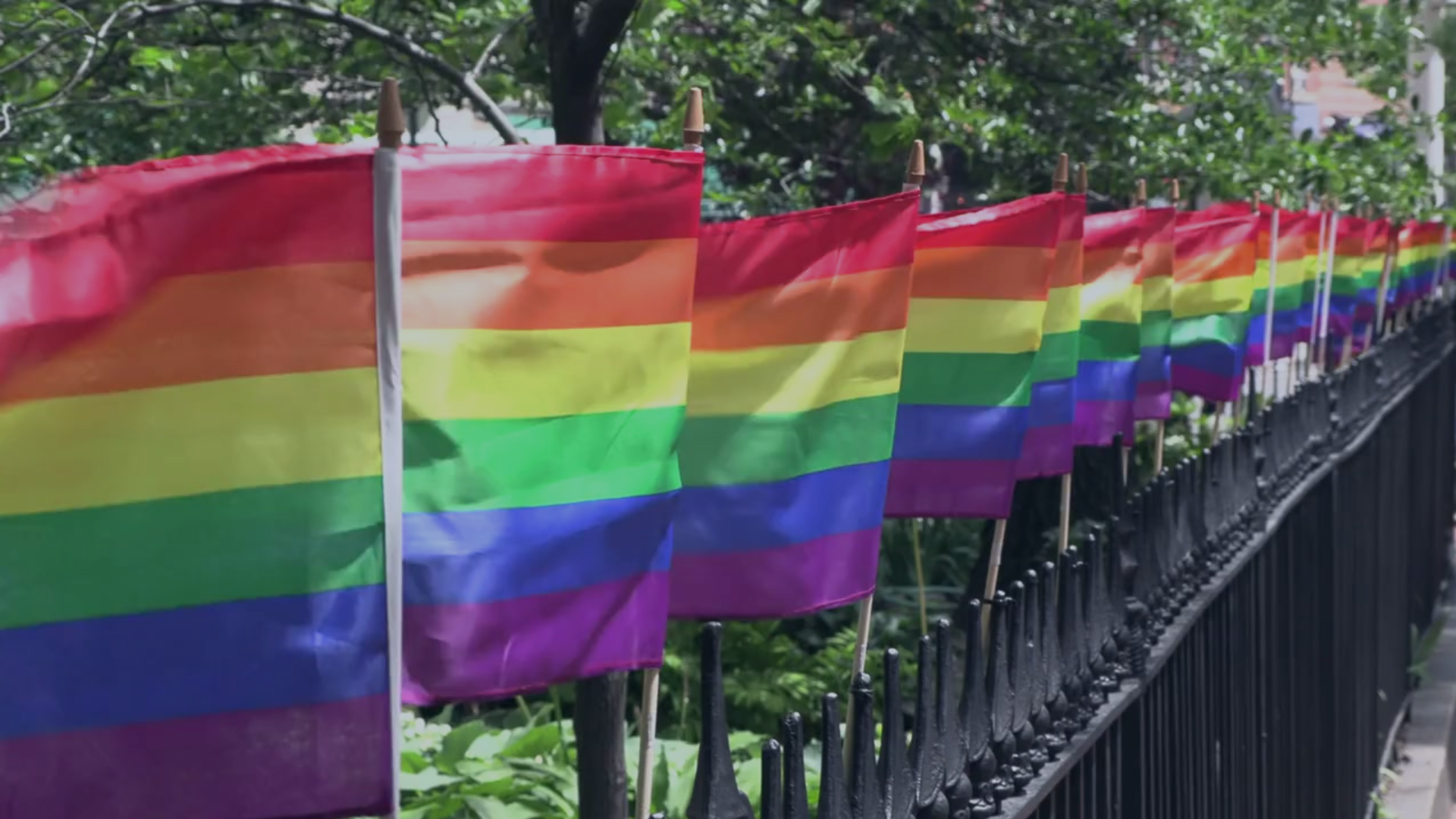
Queer Intersections Oxford
Launched in 2021, Queer Intersections is a new TORCH network that convenes a diverse coalition of scholars, activists, and artists to consider their role in the production of knowledge related to identity, power, and their intersections.
Equality and Diversity Unit
The Equality and Diversity Unit supports the University’s commitment to fostering an inclusive culture which promotes equality, values diversity and maintains a working, learning and social environment in which the rights and dignity of all its staff and students are respected.
Staff and student networks
Information on equality-related staff and student networks, including networks supported by the Equality and Diversity Unit. Networks include the Disabled Staff Network, LGBT+ Staff Network, LGBT+ Allies Network, Anti-Racism Ally Network and more.
Definitions.

Asexual:
A variation in levels of romantic and/or sexual attraction, including a lack of attraction
Bisexual:
Romantic and/or sexual orientation towards more than one gender
Cisgender:
A cis/cisgender/cisperson, is a person whose gender identity is the same as the sex they were assigned at birth
Gay:
Refers to people who have a romantic and/or sexual orientation towards one's own sex or gender
Gender Diverse:
This term may describe a group of individuals who do not identify as completely male or female and who may use descriptors such as non-binary, genderqueer, and/or transgender; individuals who express gender nonconformity but do not necessarily ascribe to a transgender identity; and/or individuals whose gender identities do not align with either the female/male binary
Genderqueer:
An umbrella term for people who identify with, embrace/reject multiple, none, any, both/neither gender, or moving in-between or outside of genders throughout time
Intersex:
A term used to describe a person who may have the biological attributes of both sexes or whose biological attributes do not fit with societal assumptions about what constitutes male or female
Lesbian:
Refers to women who have a romantic and/or sexual orientation towards women
LGBTQ+/IA:
Lesbian, Gay, Bisexual, Trans, Queer, Intersex, Asexual
Non-binary:
An umbrella term for people whose gender identity doesn’t sit comfortably with binary concepts of gender such as man/woman, male/female. Non-binary identities are varied and can include people who identify with some aspects of binary identities, while others reject them entirely
Queer:
Refers both to ‘queer theory’ as a political movement in the late 80s/early 1990s, challenging and subverting gender and sexuality norms as well as an umbrella for wider LGBTQ+ identities
Trans man/male:
A term used to describe someone who is assigned female at birth but identifies as male and lives as a man. This may be shortened to trans man, or FTM, an abbreviation for female-to-male
Trans woman/female:
A term used to describe someone who is assigned male at birth but identifies as female and lives as a woman. This may be shortened to trans woman, or MTF, an abbreviation for male-to-female.
Transgender (Trans):
An umbrella term to describe people whose gender is not the same as, or does not sit comfortably with, the sex they were assigned at birth
More from PULSE.









